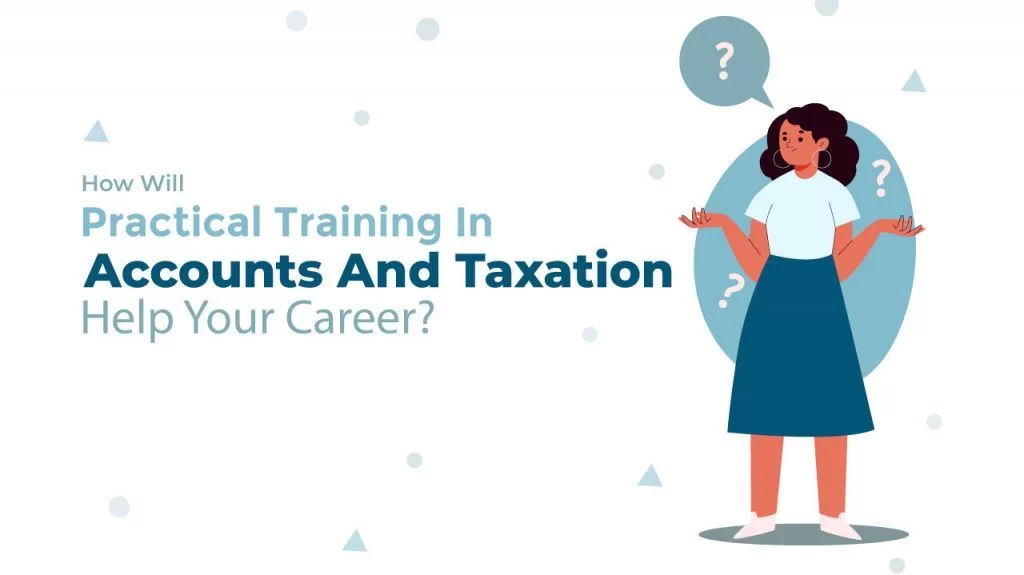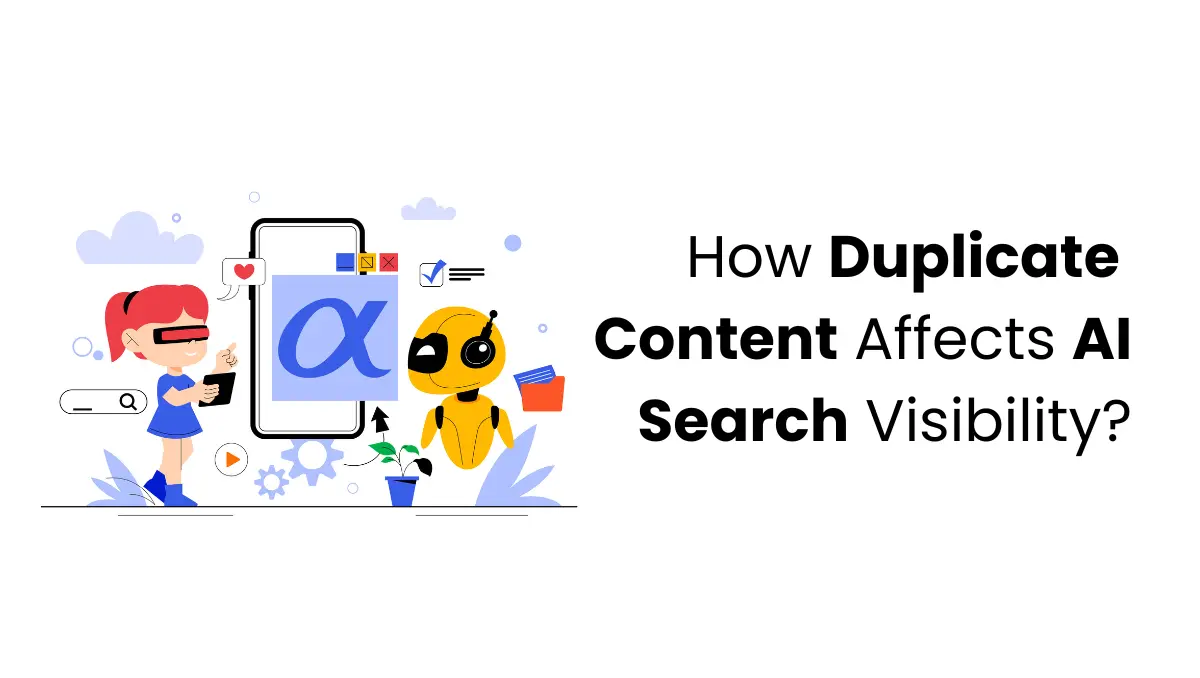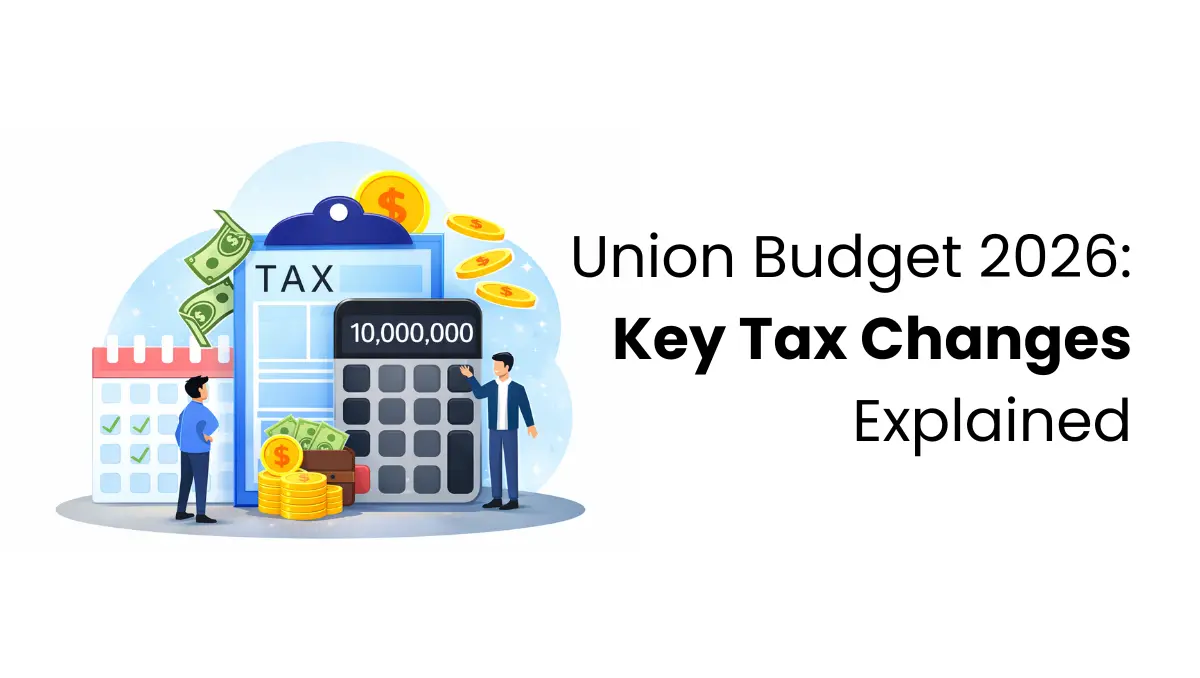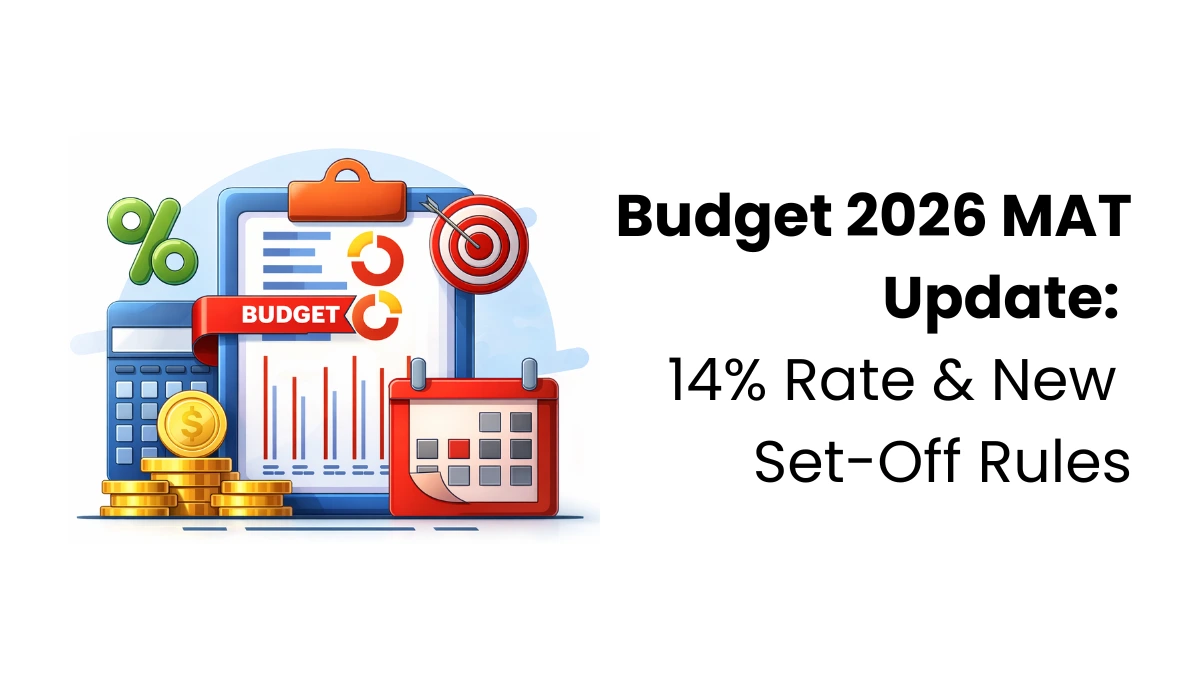To really stand out, it’s important to be knowledgeable. Copying what you read in a book won’t get you far if you don’t know how to apply that knowledge. That’s where practical training in accounts and taxation comes in. Accounting and taxation are key subjects, and getting to know them takes hands-on training. Books give us clear examples, but in the real world, you often face many different situations simultaneously. If you’re planning a career in accounting and taxes, you must learn how to handle those challenges. The best way to do that is to gain real-world experience. Getting that kind of experience can be hard since employers tend to hire people who’ve already worked in the area.
Competitive Edge in the Job Market
Having training in accounting and tax gives you a leg up in the tough job market these days. Companies want to hire folks who can think critically, talk to people, and handle things on their own. If your training includes real-life stuff, you’ll be ready for almost anything that comes your way. It also helps companies find the right people quickly and cheaply. And for students, getting that hands-on experience helps them figure out what they want to do early in the game.
Bridging Knowledge and Application
The main issue with not getting hands-on experience is that you might struggle to use what you’ve learned. Learning things is so you can use what you know. Studying hard is great, but without proper training, it might not be enough. Getting your hands dirty with real-world practice is key. It gives you the skills and know-how to tackle problems in business and accounting.
Hands-On Tax Compliance
It’s way better to learn about taxes by actually doing them instead of just reading about them. When you get your hands dirty, you learn how to file, handle GST, and actually follow the rules as you go. Companies use programs like Tally, Zoho Books, and SAP to simplify taxes. The government insists everyone use digital invoices for GST. Everyone is advised to generate and verify invoices online. When people become familiar with the techniques, they will reduce tax errors.
Learn to Use Cloud Accounting Software
Cloud accounting software lets businesses handle their money stuff online, ditching paper and old-school computers. If you get the hang of programs such as Zoho Books, Tally Prime, or SAP, doing accounting gets way faster and easier. You can enter what you spend, send bills, and look at reports from anywhere you have internet. So, say goodbye to huge files and calculating everything by hand. A lot of companies now like cloud accounting because it saves time and cuts down on mistakes. By getting good at these tools, you can get a better handle on money stuff and boost your chances of getting hired in today’s business world.
Use AI For Automation
AI is changing accounting and taxation by taking over boring tasks like entering data, dealing with invoices, and figuring out taxes. Instead of doing all that stuff by hand, AI software can quickly sort, check, and create reports well. This frees up time, cuts down on mistakes, and lets companies make smarter choices about their money. Many accounting programs now use AI to guess how money will flow, catch fraud, and keep up with tax rules. If you learn to use AI in accounting, your job will be easier, and you’ll have more chances to get better jobs.
Blockchain in Financial Security
Blockchain makes keeping money records safe and easy. It stores data securely, so no one can change the info. Every deal is saved in a digital record that can’t be changed, which lowers the risk of fraud and mistakes. This tech is used in accounting and taxes to make sure financial reports are open and trustworthy. Companies such as SAP and Zoho Books use blockchain, meaning transactions are safer and simpler to follow payments and check records. Learning about blockchain can help you stay relevant if you work in finance.
Adapt to Changing Regulations
Tax and accounting rules are always changing, so businesses have to keep up to avoid getting fined. Training can really help people in these fields stay current and know how to properly use the new rules. Now, with things like AI compliance tools and automatic tax updates in software such as SAP and Zoho Books, it’s simpler to stay in the loop. For instance, if your business uses cloud accounting, you can quickly adapt to new tax laws without a ton of manual work. If you can adjust to these changes, your financial reports will be accurate, and your business will remain compliant with the law.
Real-Time Data Analysis Skills
Accountants and businesses can now make quick, smart money choices because they can see financial data as it happens. Instead of waiting around for monthly reports, accounting software like SAP, Zoho Books, and Tally Prime shows exactly what’s going on with cash, spending, and profits, right now. Businesses can track their finances instantly with AI and cloud tech, catch mistakes early, and change plans right away. If a store uses real-time data, it can quickly see which items sell best and change stock levels as needed. Picking up these skills means faster decisions and improved financial handling.
Practical GST & Tax Filing
To keep your business finances in good shape, you need to handle GST and taxes well. Reading about tax laws isn’t enough to really get it. The best way to learn is by getting your hands dirty – figuring out GST, making invoices, and doing your taxes correctly. Good thing accounting tools like Tally Prime and Zoho Books can make filing GST simpler. They take care of the tax calculations and make reports for you automatically. For example, if a small business owner uses Zoho Books, the program can automatically add the right GST rates to invoices and even file tax returns for you. If you know how to handle GST and taxes in real-world scenarios, you’ll be ready for jobs and can ensure businesses follow tax rules.
Improve Decision-Making Ability
Getting actual practical training in accounts and taxation really helps people in finance make smarter calls with money. Instead of just learning rules by heart, getting your hands dirty teaches you how to look at real financial information, spot patterns, and use the tax code the right way. For instance, if you run a business and understand how tax write-offs and financial reports work, you can figure out how to cut expenses and make more cash. Training that uses real-life examples and programs such as SAP or Zoho Books really builds confidence that you can handle money stuff, so you can be sure you’re making good, smart choices at work.
Conclusion
Getting practical training in accounts and taxation is really important for anyone wanting a solid career in finance. It connects what you learn in school with how things actually work in the real world, so you can manage money, follow tax rules, and make smart business choices. With practical accounting training, you’ll get to use the tools that are needed in the industry, making you ready for a job and more competitive. This kind of practical accounting training keeps you in the loop regarding any changes in tax laws and financial guidelines. By working through real accounting situations, you can sharpen your skills, boost your job prospects, and help businesses succeed.










